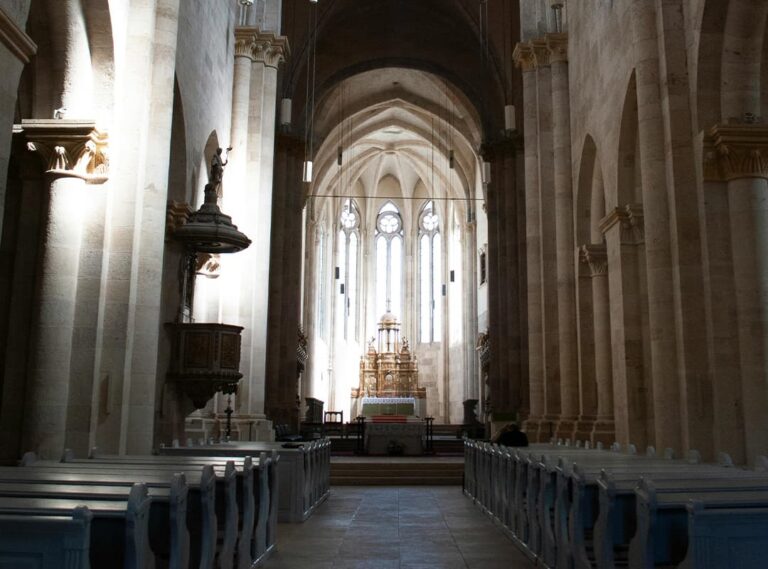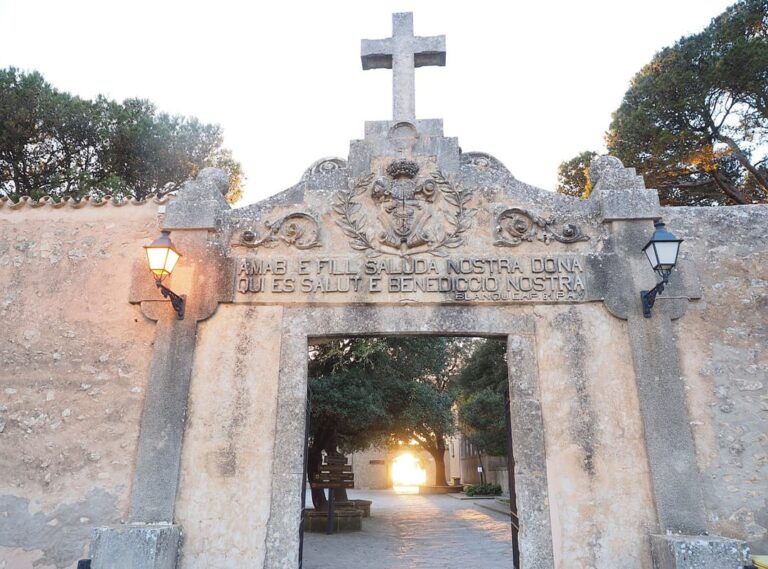The Franciscan Order, founded by Saint Francis of Assisi in 1209, represents one of the most influential movements in the history of Christianity. It emerged in response to the social, political, and religious challenges of the early 13th century. The Order’s mission was rooted in a profound vision of simplicity, humility, and service. This article explores the fundamental purposes behind the creation of the Franciscan Order, reflecting on its enduring impact on the Church and society. The concept of the “religious Madonna” offers a broader context for understanding how religious ideals and symbols shape and inspire such transformative movements.
Founding Vision of Saint Francis
Saint Francis of Assisi was driven by a deep spiritual awakening and a radical commitment to living out the teachings of Christ. His vision was to create an Order that embodied the Gospel’s call to poverty, humility, and service. Francis sought to live in a way that was in stark contrast to the wealth and corruption prevalent in the Church and society of his time.
The founding purpose of the Franciscan Order was to renew the Church through a return to the basics of Christian living. This involved a life of voluntary poverty, living among the poor and marginalized, and dedicating oneself entirely to the service of others. Francis believed that by living in such a way, he and his followers could more authentically represent the teachings of Christ and bring about spiritual renewal.
Key Objectives of the Franciscan Order
- Embracing Poverty
One of the core objectives of the Franciscan Order was to embrace radical poverty. Saint Francis viewed material wealth and possessions as barriers to spiritual growth and true communion with God. By living in poverty, Franciscans aimed to demonstrate their complete reliance on God’s providence and their commitment to a life of simplicity. - Service to the Marginalized
Service to the marginalized and disadvantaged was another central goal of the Franciscans. The Order sought to bring comfort, aid, and spiritual guidance to those in need, including the sick, the poor, and the outcast. This service was intended to reflect Christ’s love and compassion for all people, especially those who were often overlooked by society. - Preaching and Evangelization
Evangelization and preaching were integral aspects of the Franciscan mission. Franciscans were sent out to spread the message of Christ and to call people to repentance and faith. Their approach was characterized by simplicity and accessibility, aiming to reach people from all walks of life and to communicate the Gospel in a way that was both profound and relatable. - Living in Brotherhood
The Franciscan Order emphasized the importance of living in fraternity and mutual support. Franciscans lived in community, sharing their resources, responsibilities, and spiritual journey. This communal life was designed to foster a deep sense of brotherhood and to support each member in their commitment to the Franciscan ideals.
Influence of the “Religious Madonna”
The concept of the “religious Madonna,” as a symbol of divine grace and maternal care, plays a significant role in understanding the Franciscan mission. The Madonna represents an ideal of compassion, humility, and nurturing love—qualities that resonate deeply with Franciscan values. Just as the Madonna is venerated for her role in guiding and protecting the faithful, the Franciscans aimed to embody similar virtues in their own lives.
In Franciscan spirituality, the Madonna’s example of humility and service served as a model for living out their religious vocation. The devotion to the Madonna reflected a commitment to living in accordance with the virtues she represents—qualities that are central to the Franciscan mission of simplicity, compassion, and service.
Legacy and Impact
The purpose behind the creation of the Franciscan Order has had a lasting impact on both the Church and society. The Order’s emphasis on poverty, service, and evangelization has influenced various aspects of Christian practice and has inspired countless individuals to pursue lives of dedication and service.
Franciscan institutions, including educational and charitable organizations, continue to reflect the original vision of Saint Francis. The Order’s legacy is evident in its ongoing work with the poor, its commitment to social justice, and its role in promoting spiritual renewal.
The Franciscan Order was established with a clear and transformative purpose: to embody the teachings of Christ through radical poverty, dedicated service, and communal living. Saint Francis of Assisi’s vision was to renew the Church and society by returning to the essentials of Christian faith and practice. The concept of the “religious Madonna” highlights the deep spiritual ideals that inspired and guided the Franciscan mission. Through their commitment to simplicity and service, Franciscans have left an enduring legacy that continues to inspire and impact the world.











